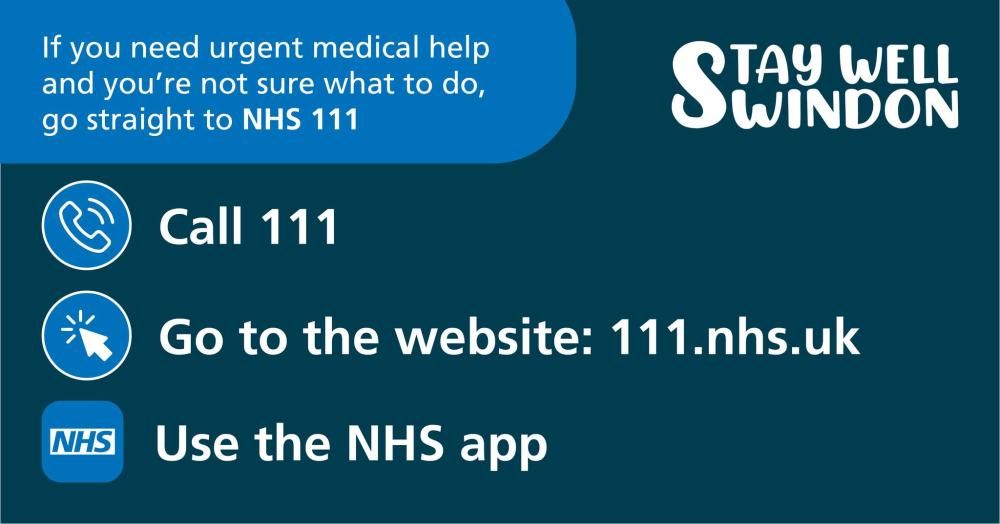September is Urology Awareness Month. Organised by The Urology Foundation, this awareness month aims to raise awareness of urological disease and raise money to fund research into urological conditions.
Mr Amr Hawary, consultant urological surgeon with Shalbourne Private Health Care, explains how a simple thing like the colour of your pee can flag up when you need to see your doctor – and how familiarity with your own body will help you spot changes that ought to be checked out.
“Our urine is a pretty good indicator of how well some of our internal organs are working,” says Mr Hawary.
“The Urology Foundation has produced a useful guide to pee colour which can help you decide whether your urine is looking normal, or whether you need to take some action like drinking more – or in some cases, less – water, or seeing your GP.
“Even if your urine looks on the dark side, it may not mean there’s anything to worry about, but you should get it checked out if it doesn’t become pale after you’ve drunk some water. If there is a problem with, say, your liver or bladder, the sooner you are treated the better the outcome is likely to be.”
Mr Hawary says that if you notice that your pee has become pink or reddish, it may mean that you have blood in your urine, and the possible causes need to be ruled out or treated.
“Blood in urine whether visible or non-visible is a common presentation in urology clinics, it can be a sign of urinary tract infection or stones but it can also be a sign of urinary tract cancers.
By getting it investigated you can get the treatment and care that you need quickly. “Similarly, if you notice any changes, such as needing to pee more frequently or feeling the need to urinate but being unable to, you need to make an appointment to see your doctor.”
Mr Hawary says that men who start experiencing problems during sexual intercourse should also get checked out.
“Difficulties in maintaining an erection, painful ejaculation or blood in semen are all symptoms that need to be followed up by your doctor,” he says.
“And get into the habit of checking how your testicles feel so you will spot any bumps or lumps – many men do it while they’re in the shower or bath. You should also be aware of any dull aches in your scrotum, back, lower abdomen or groin. These can be signs of testicular cancer – which the majority of men who are diagnosed with these days survive.”
For information on treatments and facilities at Shalbourne Private Health Care, contact [email protected] or call reception on 01793 646060 or 01793 646061.









Your Comments
Be the first to comment on this article
Login or Register to post a comment on this article